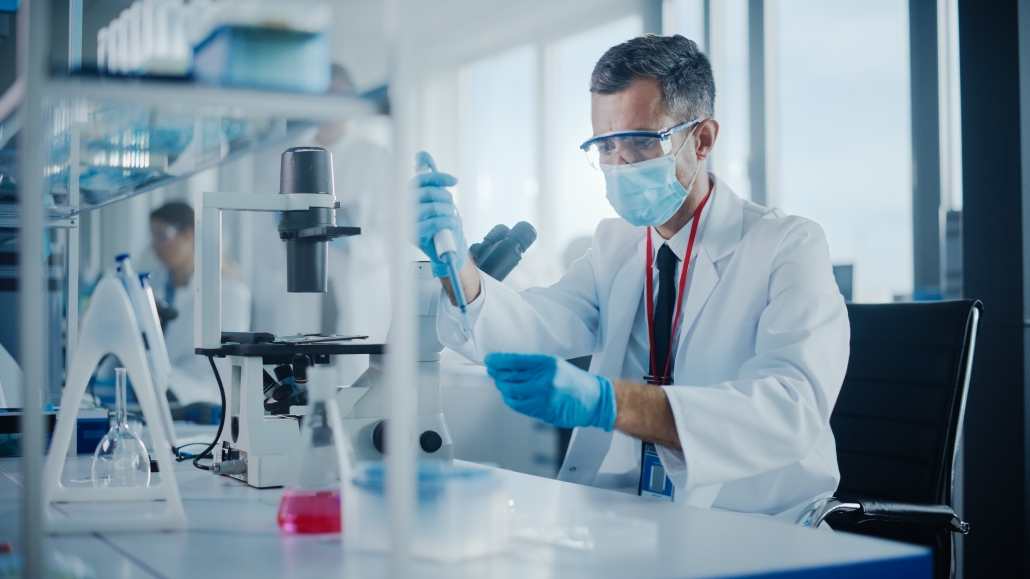If your company is currently in the clinical phase, it’s likely that you have only focused on meeting Good Clinical Laboratory Practices (GCLP) up to this point, and for good reason.
However, if you intend to transition to the manufacturing stage as part of your development roadmap, it’s in your best interest to also consider GMP upfront. Here’s why.
GMP is a Different Mindset
Moving from GCLP to GMP requires a different way of thinking. In early-stage R&D, anything goes (within the bounds of GCLP, of course). Companies can dive into research, design, and experimentation with the equipment, materials, and processes that work best for their innovations.
However, once it’s time to transition to manufacturing, there are strict boundaries and limits that must not be pushed.
Those who do not have prior experience with manufacturing are often blindsided by the amount of regulatory and compliance rules they had not considered. Although it’s possible to bring clinical spaces and processes up to GMP standards retroactively, it’s much easier and more efficient to move forward correctly in the first place.
4 Ways to Build GMP Compliance into Your Clinical Lab
Consider these 4 tips for a smoother transition to GMP.
1. Purchase the Right Equipment
The equipment utilized during the clinical phase is often not compatible with manufacturing. Many companies mistakenly think they can order more of the same equipment when it comes time to scale up for manufacturing, but that’s not always possible.
For example, the autoclave used in your clinical research may be missing a vacuum cycle that’s required for GMP, rendering that piece of equipment obsolete for manufacturing.
It’s important to consider what type of equipment you use from the get-go if manufacturing is a future goal, making sure to determine if that equipment will meet manufacturing guidelines. If your current equipment doesn’t meet GMP guidelines, make a plan to bring it up to speed, if applicable, or to purchase new equipment, if necessary.
2. Keep an Eye on Data Integrity
Data integrity goes hand-in-hand with equipment selection and usage. While data integrity is not always a forethought during research, the integrity and accuracy of data is vital to meeting GMP requirements.
Consider that the equipment used during research and development doesn’t always come with a Part 11 compliance package — an essential aspect of data integrity. Having a robust plan to meet data integrity requirements down the line will help to avoid future GMP issues.
3. Mitigate Your Future Risk
While clinical-stage companies don’t necessarily need to seek full GMP qualification, you may want to consider certain actions upfront that will save time and money down the road — like purchasing equipment that will stand up to GMP requirements.
Using the same equipment across the entire lifecycle brings additional efficiencies outside of monetary savings. If personnel are familiar with a piece of equipment or software from the start, it will be easier to operate and perform GMP qualification steps rather than starting with a brand-new set of equipment in later phases.
4. Seek Advice from Seasoned GMP Experts
Passing regulatory and quality inspections is often a make-or-break for your company’s success. Getting sound advice and guidance from a team of experts at the outset of your journey is invaluable.
Whether you’re just getting started or need help getting back on track, ICQ specializes in GMP inspection readiness consulting.




